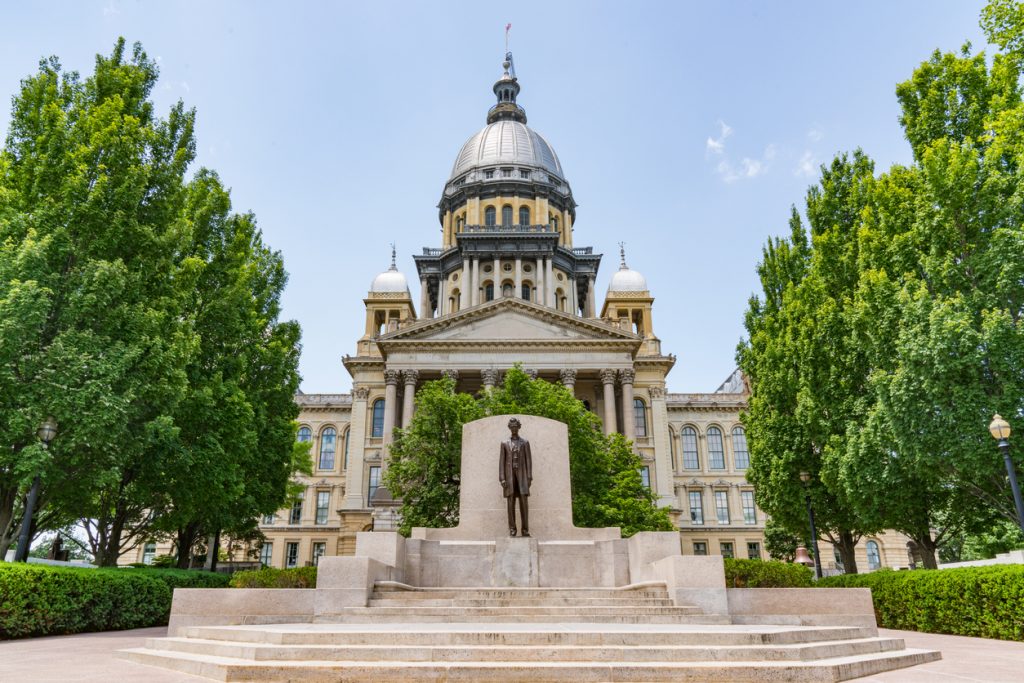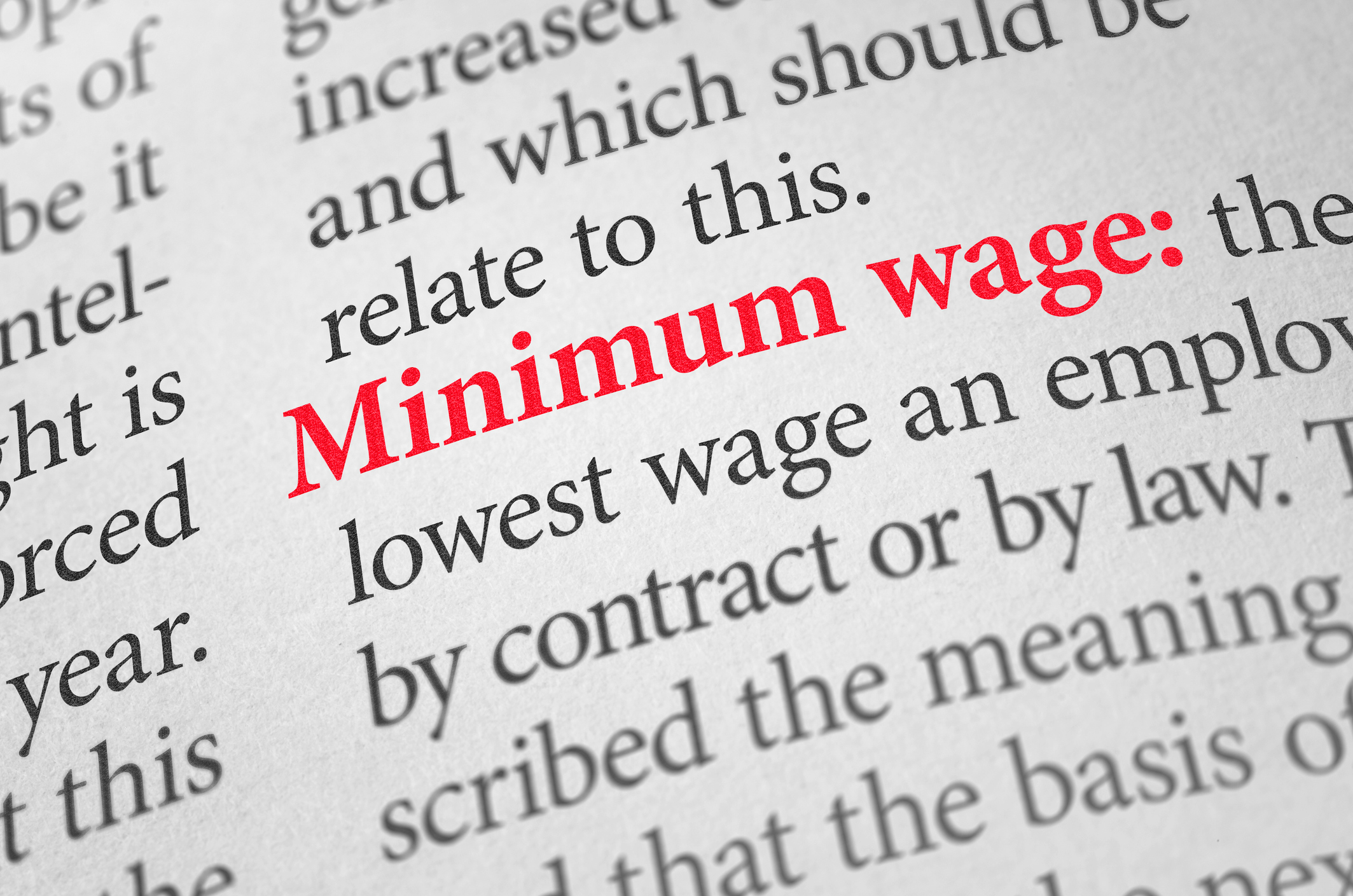
According to a four-year joint study led by the National Conference of State Legislatures, the National Governors Association, and the State Government Affairs Council, occupational licensing has gone from comprising about 5% of the workforce 60 years ago to about 25% in present day. More Americans are working in licensed occupations than ever before. However, in recent years, many states are beginning to examine the proliferation of licensing. States often require licenses for professions such as dental hygienists and land surveyors. However, some states have expanded the scope of licensed occupations to even interior designers and florists. Many states also do not provide reciprocity to out-of-state professional licensing, requiring workers to submit to a lengthy application process to re-license in each new state. According to a federal 2015 guidance framework, while licensing can ensure high-quality services and safeguard against serious harm, it can reduce employment opportunities and increase consumer costs by making it more challenging to enter a profession. Occupational licensing reform has become bipartisan, with many state legislatures removing various occupational licensing barriers.
Iowa Occupational Licensing Legislation
In recent years, Iowa has considered several bills to reform the state’s occupational licensing system. In early 2022, Senate Study Bill 3114 was introduced in the Iowa Senate. SSB 3114 would have prohibited a licensing board from requiring an applicant to submit an official transcript or an official diploma in an application for a license. The sponsors of the bill believed that copies of transcripts or diplomas would be sufficient, and obtaining official documents placed unnecessary burdens on applicants. After being renumbered to SF 2307, the original bill was ultimately recommended for indefinite postponement.
Illinois Occupational Licensing Reform Bill Enacted
Like Iowa, Illinois legislators introduced several bills in 2021 and 2022 to reform the state’s occupational licensing system. In May 2022, Governor J.B. Pritzker signed HB5576 to amend the Regulatory Sunset Act, declaring that the state shall not regulate a profession, occupation, industry, business, or trade in a manner that will unreasonably and adversely affect either the competitive market or equitable access to quality jobs and economic opportunities. The bill also requires the Office of Management and Budget’s study on the performance of regulatory agencies to include an analysis of whether an agency restricts a profession, occupation, business, industry, or trade any more than is essential to safeguard the public health, safety or welfare from significant and discernible harm or damage.
Rhode Island Occupational Licensing Bill for Military Families
Rhode Island has considered more than ten bills in 2021 and 2022 relating to occupational licensing reform. HB 7158 sought to amend license portability provisions for military service members and their spouses who have relocated to the state. This bill would have made it easier for military service members to apply for and be granted occupational licenses if they have previously been granted an occupational license in another state. The bill ultimately did not pass in the 2022 session.
Texas Stalled Occupational Licensure Bill From 2021
In 2021, Texas enacted HB 757, prohibiting criminal offenses from being used as grounds for denying insurance or occupational licenses to an individual. The bill also aimed to protect professionals whose occupational licenses were suspended or revoked due to a criminal offense. Some criminal offenses are still acceptable to be grounds for the denial or revocation of an occupational license and are defined in Subdivision (1) A, B, and C of the bill.
Latest News
Photo credit: iStock.com/Fahroni In most of the United States, you can pull into a gas station and pump your own gas. However, according to the National Association of Convenience Stores, self-serve gas stations did not [...]
Photo credit: iStock.com/Nadezhda Kurbatova As unions reassert themselves in 2023, some state legislatures are considering bills allowing legislative staff to form unions. The Oregon Legislative Assembly became the first state legislature to have a unionized [...]
Photo credit: iStock.com/Zerbor Could your state raise its minimum wage in 2023 or in the near future? In 2021, the Pew Research Center reported that six-in-ten U.S. adults (62%) favored raising the federal minimum wage [...]
Photo credit: iStock.com/William_Potter Non-competes are contractual agreements between an employer and employee that typically restrict employees from working for a competitor or starting their own ventures within a specific geographic area and timeframe. Once [...]






Stay In Touch